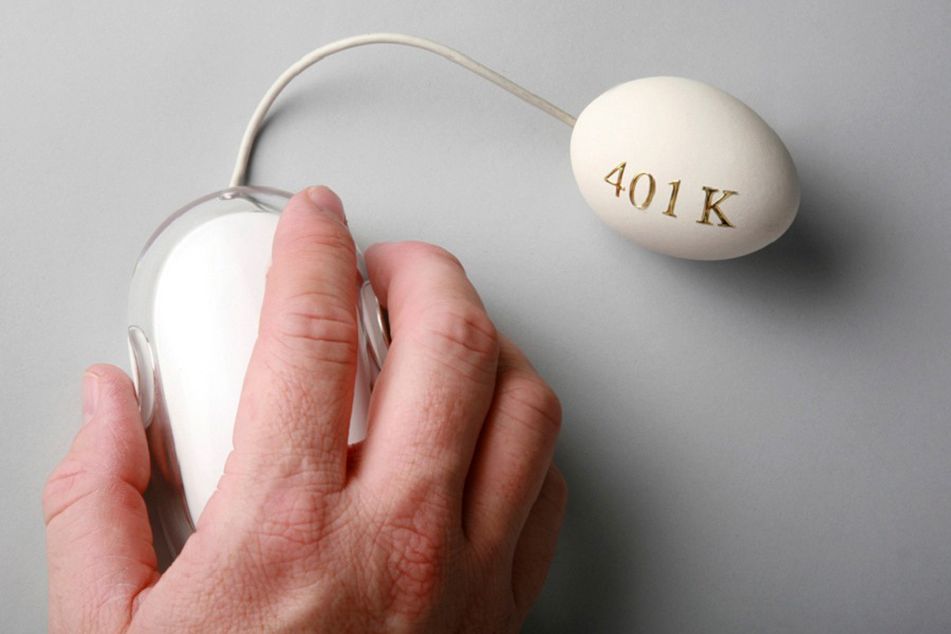Altering 401(k) allocations sacrificed returns in 2020: Morningstar

People who self-directed their investments shifted to more conservative allocations, with an average decrease in equities by 17 percentage points during the first quarter of 2020.
Retirement savers who tinkered with their 401(k) allocations last year did not do well, a recent report from Morningstar suggests.
People who self-directed their investments shifted to more conservative allocations, with an average decrease in equities by 17 percentage points during the first quarter of 2020, the report found.
“Allocation shifts among self-directors during 2020 likely resulted in lower returns than if the participant had not made any changes,” the reported read. “We estimate the underperformance for reallocators to be roughly 750 basis points through the entire year based on average changes across all self-directors who changed allocations.”
The company evaluated 401(k) portfolio changes last year among more than 520,000 people. Those who were invested in target-date funds or managed accounts were much less likely to make any changes, as 3.5% of target-date investors and 3% of managed-account participants doing so during the year, according to Morningstar. Meanwhile, 41% of the accounts the company examined were self-allocated, and 13% of those people adjusted their equity allocations by more than 5%, the report noted.
The people most likely to have played with their retirement investments were older and had higher income levels and account balances than those who stayed put in target-date strategies or other investments. Men were more likely to have started managing their own allocations than women, although women who adjusted their portfolios made larger changes than men, according to Morningstar.
The results show that professionally managed allocations discouraged savers from taking investment decisions into their own hands and that “participants who ‘stayed the course’ likely had better performance than those who transacted,” the report stated.
The company’s message for plan sponsors is that a plan re-enrollment, in which all participants are automatically moved into or back into an all-in-one investment option, could help those who strayed from a sound course.
The findings add to numerous other reports about how 401(k) participants reacted to the market and economy during the pandemic.
A February report from the Investment Company Institute, for example, showed that about 10% of 401(k) savers adjusted their allocations during the pandemic. However, few participants — 2.3% — stopped contributing to their accounts, a figure not dramatically different from other years, the ICI noted. That group found just under 6% of participants took CARES Act distributions during the year.
A report last October from Edelman Financial Engines identified a similar percentage of people who took early withdrawals from their accounts. That group found that most participants who took money from their 401(k)s at some point in time, not just during the pandemic, said they regretted doing so but would do it again if necessary.
Last week, Principal Financial reported that about 70% of people who took coronavirus-related distributions do not plan on paying their accounts back. The average withdrawal was $17,000, according to Principal.
Learn more about reprints and licensing for this article.








